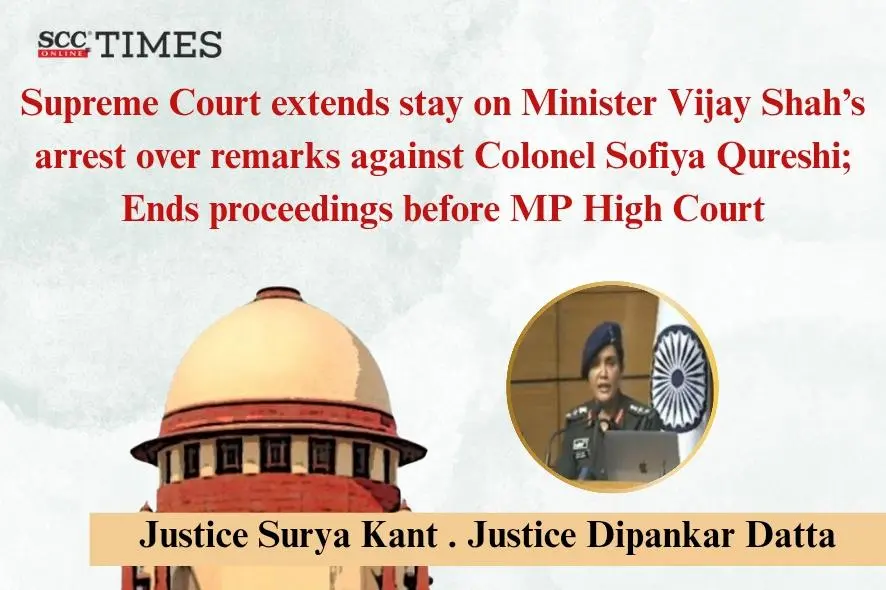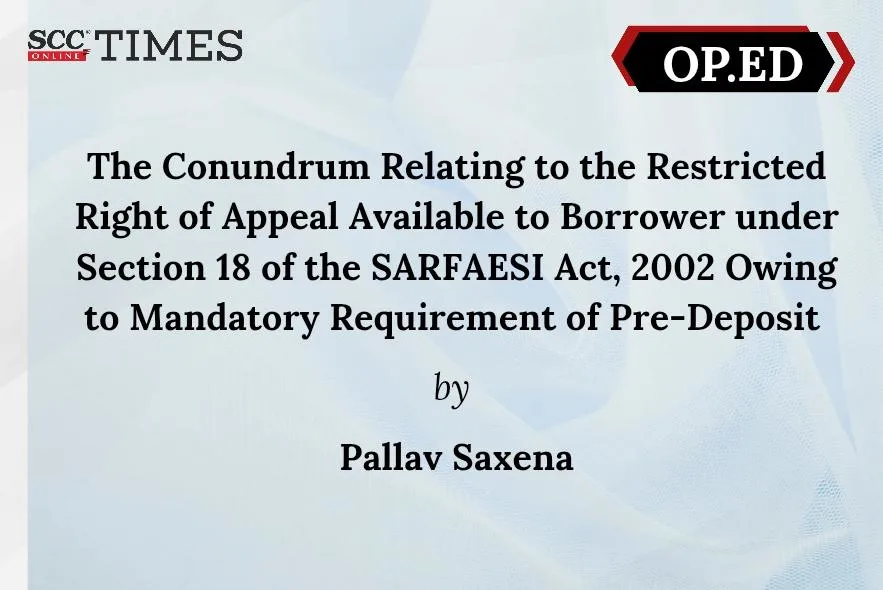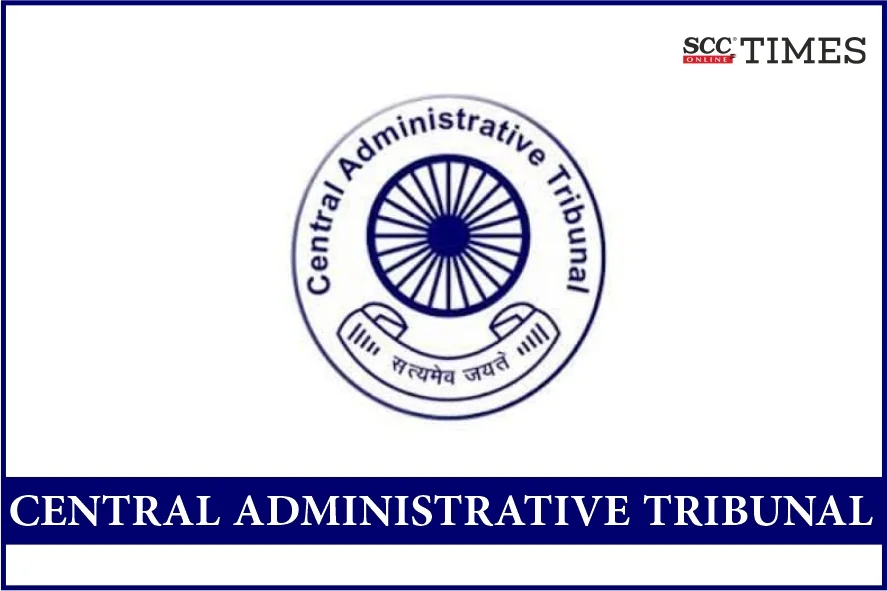Bombay High Court: In a landmark judgment, a Full Bench comprising of Mohit Shah CJ, MS Sanklecha and MS Sonak, JJ. held that the daughters alive on September 9, 2005 would be entitled to equal rights in ancestral property. Earlier, a Division Bench in Vaishali S. Ganorkar vs. Satish Keshavrao Ganorkar 2012 (5) Bom CR 210 had upheld the prospective operation of the Hindu Succession (Amendment) Act, 2005 which in effect disentitled all daughters born before 9 September 2005 to claim their equal interest in the Joint HUF. A single bench comprising of RG Ketkar, J. disagreed with the decision of the Ganorkar case and concluded that the amended Section 6 had retrospective effect from the date of the enactment of the Principal Act and is applicable to all daughters who are born before or after 2005 as a daughter becomes a coparcener in her own right by her birth itself. When the matter was referred to this Court, the Court agreed with the decision of Justice Ketkar.
The Court clarified that in case the coparcener had died before 2005, then the pre-amended law was applicable but by passing of the Amendment Act, 2005 all daughters who are alive ipso facto become coparceners, thus settling the interpretation of the amended Section 6. The Court observed that the only requirement was that when an Act was being sought to be applied, the person concerned must be alive as the Legislature had specifically used the word ‘on and from the commencement of Hindu Succession (Amendment) Act, 2005. This was done so as to ensure that rights which are already settled are not disturbed by virtue of person claiming as an heir to a daughter who had passed away before the Amendment Act came into force.
The Court also denied the reference of the Sheeladevi judgment, clarifying that principle laid down in Sheeladevi vs. Lalchand (2006) 8 SCC 581 that the Amendment Act of 2005 is prospective and would have no application where succession opened prior to the Amendment Act of 2005 coming into force, does not militate against the view taken by them. The Amendment Act of 2005 applies to a daughter of coparcener who is born before 9 September 2005 and alive on 9 September 2005, on which date the Amendment Act of 2005 came into force, and obviously there is no dispute about the entitlement of daughter born on or after 9th September 2005. [Badrinarayan Shankar Bhandari vs. Omprakash Shankar Bhandari, 2014 SCC OnLine Bom 908, decided on August 14, 2014]













Supreme Court decision in Prakash and others, decided in September 2015, overrules this case and sets out clear circumstances under which a daughter can claim equal rights.
I believe the Supreme Court decision in Prakash and others decided in September 2015 clarifies this issue and overrules this case. A daughter does not become a coparcener by birth. Only when the father and daughter are alive on September 9, 2005.
Full bench judgement is reasonable indeed, rightly justice Ketkar decided against the earlier division bench on 2012(5) Bom. CR210.
very useful judgment for Indian Women
It is a indian women birth right thanks for
indian parliament
Opens Pandora's box of litigation and disputes in the families and society. Unsettles the existing social structure.
It is a indian women birth right thanks for indian parliament
Very useful
The amendment and the judicial activism gives relief and strengthens the women. It can be treated as a social security to women given by law.
Very wrong, it unsettles families, increases disputes and strife in the society! with no real benefactors (except advocates who make money out of this).
True social security for a woman is being educated and being respected as equal in a family and who remains as part of the family. India is a land of great tradition and culture where women are worshiped. There is no law which mandates this. Are we to be governed only by laws?
Its a land of great diversity and large population. There will be genuinely few women who will be not be treated fair and equal in families. They need to be educated and made aware to approach the courts, but not all women in this country (even whose grandchildren are married and now they go back and ask their brothers for equal share/ rights over property). We should always look to the future. Can’t go back in time and settle issues. Can we claim today to get back what Genghis Khan looted from India? or the Britishers who enslaved us and looted our country?
Women’s equal rights, empowerment is all fine, everyone should support and i vouch for it personally and am a self declared crusader of the same. But how far back in time we should go to settle this matter? Can historic wrongs be corrected by implementing laws now?
In this amendment itself it says not just rights, daughters of coparcener gets to bear equal liabilities as well. How can we account for equal liabilities of daughters as that of a son (from time of birth – including clearing family/ property debts, expenses to run the family). How can we go back in time to do this? Its totally absurd. How do we reconcile with the debt cleared by the son, 50 years ago to save the property from being auctioned arising out of loan default? How do we apply this liability as equally for a daughter? Who at that point in time was married and was enjoying her husband/ in-laws property?
Law is fine, but it has to be interpreted to deliver justice.
That’s why judgements differ on a case to case basis.
On the face of it, it appears to be convincing. There another division bench judgement of madras high court on the same angle